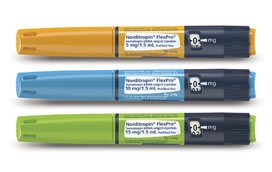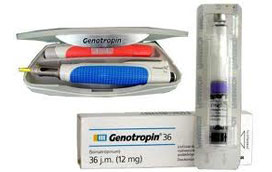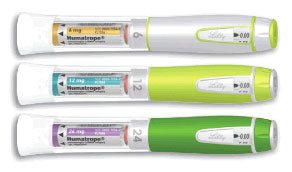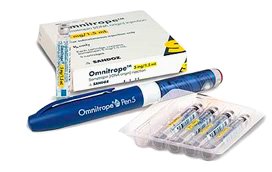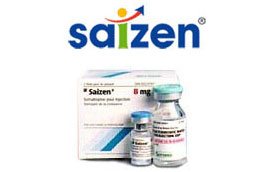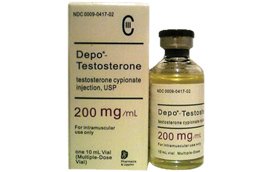What Is Testosterone and Why Is It Important?

We know testosterone is the most abundant male sex hormone, but there is more to this vital chemical messenger than that.
What is testosterone exactly?
Testosterone is an androgen hormone produced in the Leydig cells of the male’s testes and the female’s ovaries, and, in a lesser amount – the adrenal glands.
What is testosterone made of?
A series of conversions occur in the body that begins with cholesterol. Eventually, what started out as cholesterol turns into progesterone, the source or precursor hormone to testosterone. The brain controls testosterone production based on how much testosterone is in the bloodstream and reaches the hypothalamus to stimulate hormone release to the pituitary gland where two other hormones: follicle-stimulating hormone (FSH) and luteinizing hormone (LH) then promote androgen production.
What is testosterone and why is it important to maintain as we age?
There are those adults who are happy to do without sex as they age, but that is still no reason to let testosterone levels decline to a point where they influence bodily breakdown. Testosterone is so much more than a sex hormone.
Yes, testosterone does stimulate sexual desire in both males and females, but there is more to this than just physical enjoyment and orgasm. Sexual release also provides a boost in beneficial endorphin hormones that help improve overall well-being. These natural mood enhancers can help keep depression away.
What Is Testosterone’s Function in the Body?
We said that there is more to testosterone than just sexual stimulation and performance. What is testosterone and what is its function that makes it so vital to protect?
Testosterone is crucial for the building and maintenance of strong bones and muscles. Women and men who have Low T are at an increased risk of the development of osteoporosis and life-threatening fractures. If it seems strange that a broken bone can threaten one’s life, statistics show that for every five older adults that suffer a hip fracture, two of them will not be alive twelve months after the injury. It is frightening to imagine how a fracture can take away one’s mobility and even mortality, which is why preventing the effects of Low T is crucial as you age.
What is testosterone used for besides strong bones and muscles?
Testosterone also plays a significant part in lipolysis – or fat metabolism. In fact, testosterone helps the body metabolize everything it consumes – proteins, lipids, and carbohydrates. Adults with Low T tend to be overweight. In fact, many people facing obesity are also dealing with lower testosterone levels that increase the risk of type 2 diabetes, metabolic syndrome, high blood pressure, heart disease, and other health concerns.
What is testosterone good for when it comes to appearance as you age?
The first benefit of testosterone for one’s appearance is that of weight loss. Most people will start to see a reduction in belly fat after beginning testosterone replacement therapy. Combine weight loss with increased lean muscle mass, and you have a better-toned physique. Hair growth is another positive aspect that can even result in regrowth in areas where the hair no longer grows. Many people also report firmer looking skin
How Does Testosterone Work to Improve Health?
All hormones contribute to one’s health in some way, but testosterone has quite an impact in this category as you age.
What is testosterone and how does it work to improve your overall health?
Testosterone seeks out androgen receptors in the brain to deliver some of its signals. Here, aside from impacting cognitive functions, testosterone also stimulates mood modulators. That is why men who abuse steroids tend to get aggressive. For those adults with low testosterone levels, the bigger issue is depression, social isolation, and lack of drive and motivation.
Depression can impact immune system functions, and that can lead to frequent illness. People with low testosterone levels often have higher degrees of cortisol, the stress hormone in their bloodstreams. Cortisol inhibits testosterone and growth hormone production, also making it harder to fall asleep at night. This interferes with getting adequate sleep and reduces energy and stamina. Testosterone also stimulates red blood cell production.
What is testosterone and what does it do for long-term well-being?
When you have Low T, and the hormone specialist prescribes testosterone replacement therapy, you will receive a medication that is biologically identical to your body’s own testosterone. By increasing the amount available for your cells and tissue to use, you will see a reduction in the risk factors for the following health conditions:
- Atherosclerosis
- High blood pressure
- Metabolic syndrome
- Type 2 diabetes
- High cholesterol and triglyceride levels
- Dementia
- Cardiovascular disease
- Stroke
- Obesity
- Anemia
- Osteopenia
- Osteoporosis
What is testosterone hormone going to do for sexual performance?
Testosterone improves sexual desire in males and females, bringing on feelings of arousal much sooner, and increasing endurance. Men often report stronger erections, and females enjoy enhanced vaginal lubrication. Stronger, more powerful orgasms are another positive result.
To learn more about low testosterone, hormone deficiency testing, and affordable testosterone replacement treatment options, contact Kingsberg HRT Clinic for a free consultation.













